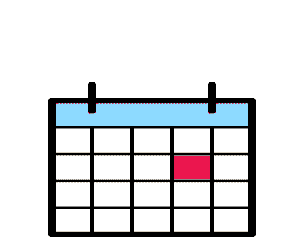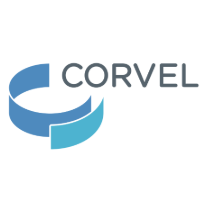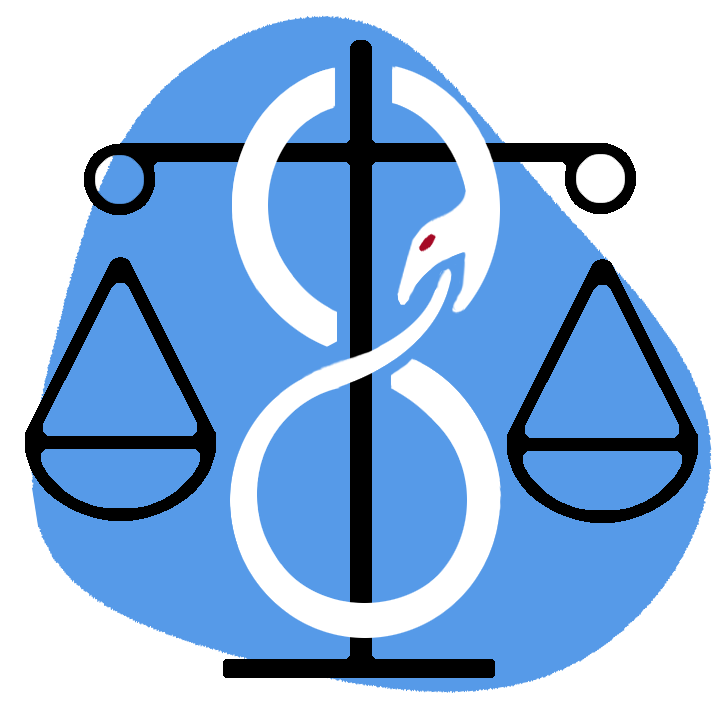Liable by Default: Failure to Deny A Claim Means the Claim is Accepted

In California, when it comes to accepting or rejecting an injured employee’s claim, the claims administrator that neglects to issue a decision is still effectively making a decision.
A recent Workers’ Compensation Appeals Board (WCAB) trial serves as a reminder that legally, claims administrators must timely either accept or reject liability. When the claims administrator fails to issue a timely decision, the claim is presumed accepted— even when the claim is deniable on its merits.
The 90 Day Rule
California Labor Code Section 5402 spells out the employer’s responsibility once an employee files a Workers’ Compensation Claim Form. As we’ve pointed out before, the employer is immediately financially liable for treatment that precedes the employer’s decision to accept or deny the injury claim.
This immediate financial liability remains until the injured worker’s claim is either accepted or denied.
Beyond that, California Code of Regulations (CCR) Section 9812 instructs that the claims administrator must accept or deny the injury claim within 14 days. Alternatively, the claims administrator may delay the decision for up to a total of 90 days.* If after 90 days the claims administrator fails to issue a decision, Labor Code § 5402 deems the employer liable.
From LAB § 5402(b):
If liability is not rejected within 90 days after the date the claim form is filed under Section 5401, the injury shall be presumed compensable under this division.
In other words, neglecting to decide is deciding to accept. Without an explicit denial, the injured worker’s injury claim is presumed compensable after 90 days, and the claims administrator must pay for all required treatment for the injury in question.
If an injured worker’s claim is presumed compensable (meaning the claims administrator failed to issue an acceptance or rejection), the claims administrator may only subsequently reject the presumed liability with new evidence in support of the denial. The new evidence must not have been available during the 90-day period.
Enforcing the 90-Day Rule
Other than new evidence, there is no way out of presumed liability following a failure to deny the claim. The claims administrator’s passive acceptance of the claim is immutable, even if the employer would otherwise not be liable.
For an extreme example, see the tragic case of Quintanilla vs Pronto Express & Services, Inc.
The worker in question was murdered in a convenience store where he stopped on his way home from work. The worker’s family filed a claim for workers’ compensation death benefits on the grounds that if the worker had he not gone to work that day, the worker would not have been at the scene of the murder.
The claim was easily deniable. Employers can hardly consider random acts of violence outside the workplace to “arise out of employment” (AOE) or occur “in the course of employment” (COE). By all accounts, the rejection of the claim should have been relatively simple.
But while the murder did not fit AOE/COE standards, the claims administrator denied the claim 103 days after the family filed for benefits. The Workers’ Compensation Judge (WCJ) therefore ruled the claim compensable.
The claim was dubious, but the claims administrator simply took too long to issue a rejection.
Normally, workers’ comp benefits would be out of the question for this family. But the rules, as they say, are the rules. And just as with death benefits, reimbursement for medical treatment is due when the claims administrator fails to timely deny the claim, no matter the particulars.
Providers rendering treatment for an injury presumed compensable are entitled to reimbursement and should proceed accordingly. If your office is denied reimbursement for such a claim, immediately appeal the incorrect denial with a request for second review.
Include with your appeal the following language:
The injury is presumed compensable per Labor Code § 5402(b), as the claims administrator delayed their liability decision and failed to deny the claim within 90 days. LAB § 5402(b) states “If liability is not rejected within 90 days after the date the claim form is filed under Section 5401, the injury shall be presumed compensable under this division. The presumption of this subdivision is rebuttable only by evidence discovered subsequent to the 90-day period.”
If the claims administrator refuses payment following second review, we recommend filing a lien with the Workers’ Compensation Appeals Board (WCAB). Since liability for the claim is at issue, a lien is appropriate — as opposed to Independent Bill Review (IBR), which settles disputes overpayment amounts.
As we’ve decried in previous posts, most disputes in California workers’ comp default to the advantage of the claims administrator. Presumed liability is a rare exception of which providers should be aware.
*If the claims administrator neither accepts, denies, nor delays within 14 days, the claim is considered contested. Neither acceptance nor denial are presumed.
Ready to make billing disputes easier? Our Billing Software includes instant second review appeals, as well as the tools you need to prevail in IBR. Schedule a free demonstration today.
REQUEST DEMO
DaisyBill provides content as an insightful service to its readers and clients. It does not offer legal advice and cannot guarantee the accuracy or suitability of its content for a particular purpose.




